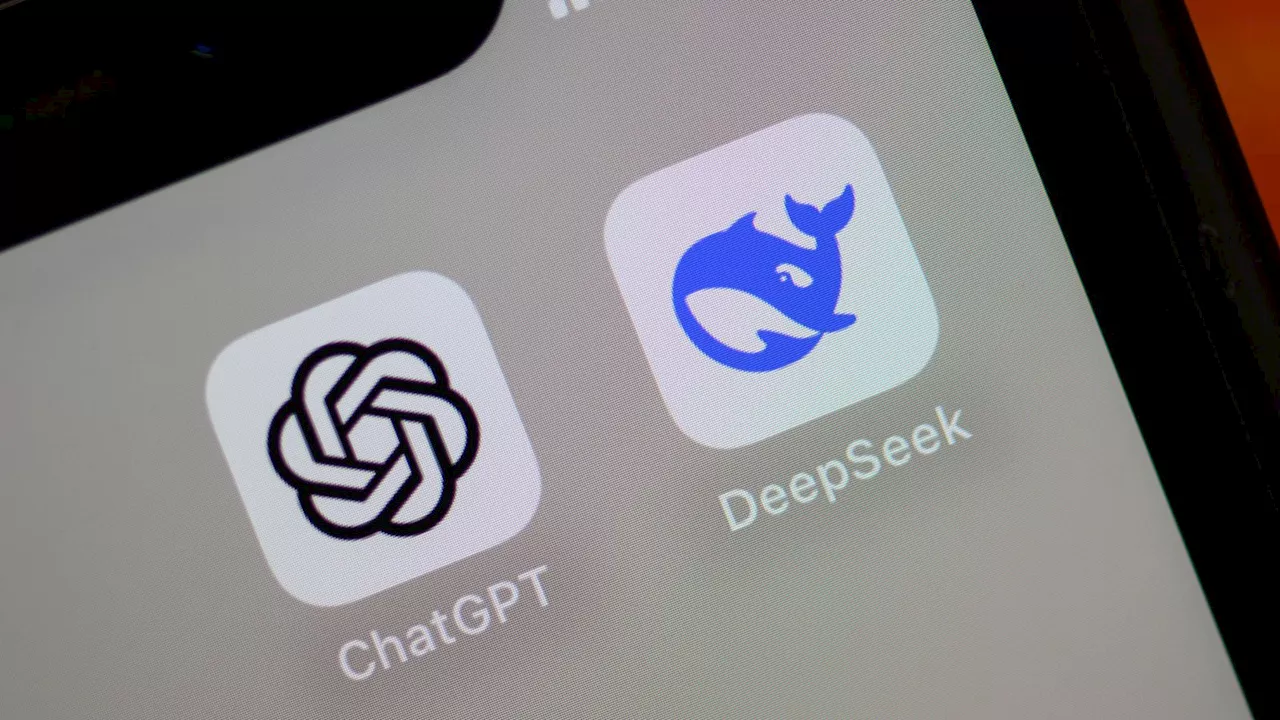DeepSeek's AI models are proving to be faster, smaller, and significantly cheaper than leading competitors, achieving comparable performance with less computational power. This efficiency is due to a unique 'mixture of experts' architecture and the use of less powerful GPUs. The open-source nature of DeepSeek's models makes them even more attractive for everyday AI applications, prompting a reevaluation of AI development strategies and market dynamics.
Based on the limited comparisons made so far, DeepSeek's AI models appear to be faster, smaller, and significantly cheaper than the offerings from leading AI companies like OpenAI, Anthropic, and Google. Surprisingly, the Chinese offering appears to be just as effective. So, how have they achieved this? Firstly, DeepSeek's engineers appear to have focused on what an AI needs to do rather than what it might be capable of.
Instead of trying to generate every possible answer to a question, their models aim for the best one or two decimal places, for example, rather than 20. While DeepSeek-V3 still boasts 671 billion variables, ChatGPT-4, in comparison, has a massive 1.76 trillion. This efficiency, doing more with less, seems to stem from the model's architecture, which utilizes a technique called 'mixture of experts'. Unlike OpenAI's latest model GPT-4.0, which attempts to be a multi-faceted genius like Einstein, Shakespeare, and Picasso combined, DeepSeek's model is more like a university divided into specialized departments. This allows the AI to identify the type of query it's receiving and direct it to the appropriate part of its digital brain for processing. This selective activation conserves time, energy, and most importantly, computing power. The achievement of comparable performance with significantly less computing power has stunned major AI developers and financial markets. State-of-the-art AI models had been developed using increasingly powerful graphics processing units (GPUs) manufactured by companies like Nvidia in the US. The prevailing market logic dictated that the only way to improve these models was with more 'compute'. Partly driven by a desire to maintain an edge over China in the AI arms race, the US restricted the sale of the most powerful GPUs to China. DeepSeek's engineers have demonstrated a classic problem-solving approach: finding a workaround. Learning from the advancements of OpenAI and others, they redesigned a model from the ground up to operate on GPUs designed for computer games, not superintelligence. Moreover, their model is open source, making it easier for developers to integrate into their products. The combination of greater efficiency and open-source accessibility makes DeepSeek's approach significantly more appealing for everyday AI applications. The result? A nearly $600 billion overnight drop in Nvidia's market value. However, Nvidia is expected to weather this sudden downturn in its fortunes. It's crucial to remember that the Large Language Model (LLM) type models pioneered by OpenAI and now enhanced by DeepSeek are not the culmination of AI development. Achieving 'general intelligence' from an AI is still a distant goal, and substantial high-end computing power will likely be required to reach it. The future of companies like OpenAI remains uncertain. Their highly anticipated GPT-5 model, rumored to demand mind-boggling amounts of computing power, is yet to be released. The game appears to have shifted, leaving many wondering about the return on their AI investments
AI Deepseek Openai GPT-5 Efficiency Open Source Mixture Of Experts Gpus Market Impact
United Kingdom Latest News, United Kingdom Headlines
Similar News:You can also read news stories similar to this one that we have collected from other news sources.
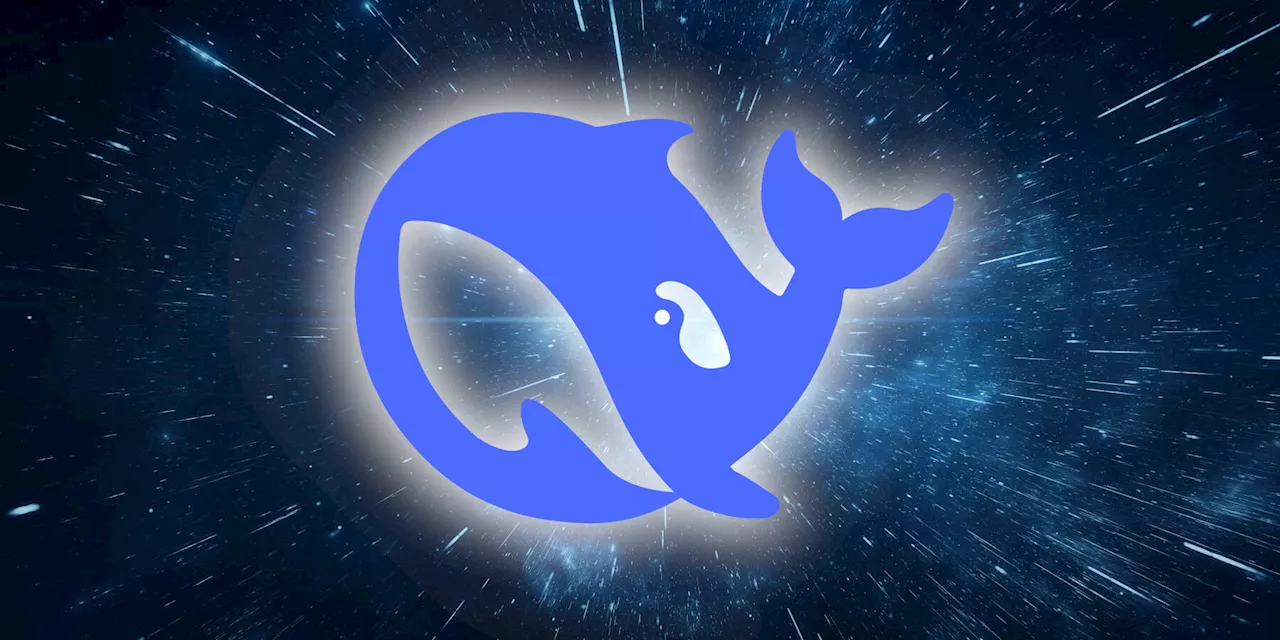 DeepSeek's Efficient AI Model Shakes Up the Chip MarketDeepSeek, a Chinese AI company, released a surprisingly efficient AI model (R1) that utilizes less hardware, potentially challenging Nvidia's dominance in the AI chip market. While US tech shares initially dipped due to concerns over the model's implications, they have since recovered somewhat. Nvidia and OpenAI maintain their confidence in the need for powerful hardware for advanced AI development. Despite DeepSeek's breakthrough, OpenAI CEO Sam Altman believes that more computing power is essential for their ambitious AGI goals.
DeepSeek's Efficient AI Model Shakes Up the Chip MarketDeepSeek, a Chinese AI company, released a surprisingly efficient AI model (R1) that utilizes less hardware, potentially challenging Nvidia's dominance in the AI chip market. While US tech shares initially dipped due to concerns over the model's implications, they have since recovered somewhat. Nvidia and OpenAI maintain their confidence in the need for powerful hardware for advanced AI development. Despite DeepSeek's breakthrough, OpenAI CEO Sam Altman believes that more computing power is essential for their ambitious AGI goals.
Read more »
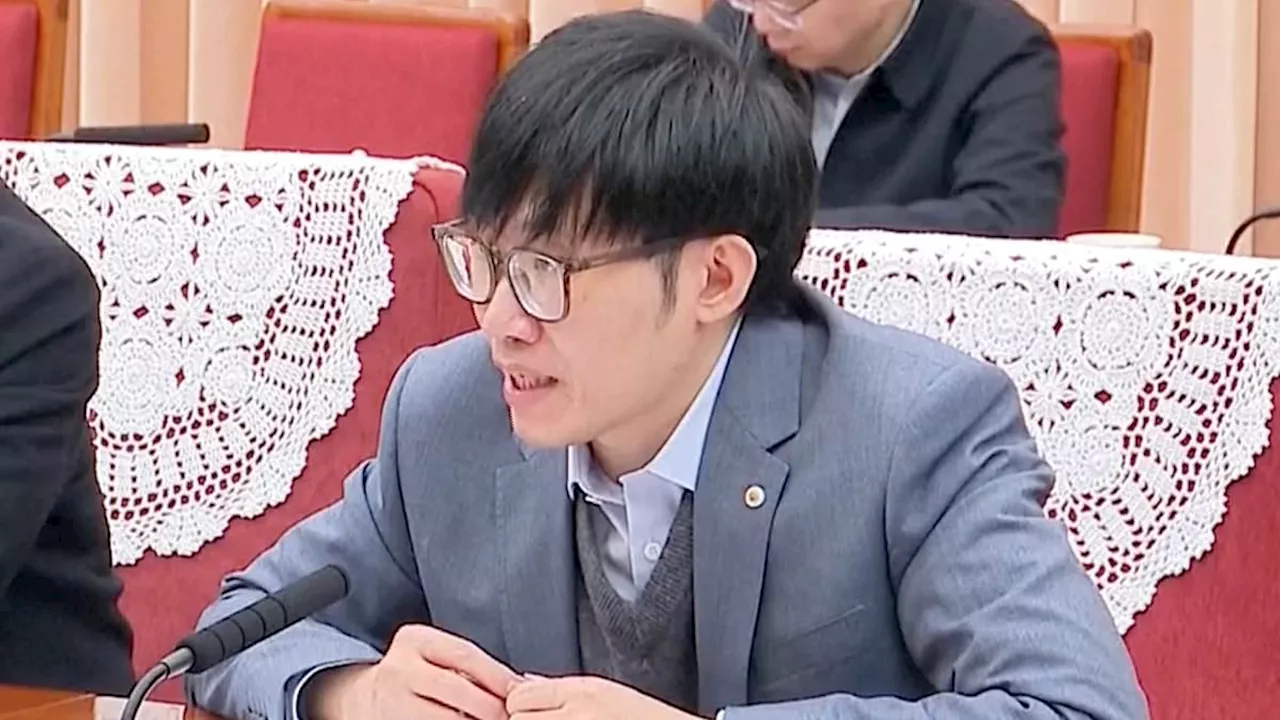 Chinese AI Startup DeepSeek Shakes Global Tech LandscapeDeepSeek, a Chinese AI firm, has taken the world by storm with its groundbreaking technology, triggering a panic in global tech markets and propelling its founder, Liang Wenfeng, into the spotlight.
Chinese AI Startup DeepSeek Shakes Global Tech LandscapeDeepSeek, a Chinese AI firm, has taken the world by storm with its groundbreaking technology, triggering a panic in global tech markets and propelling its founder, Liang Wenfeng, into the spotlight.
Read more »
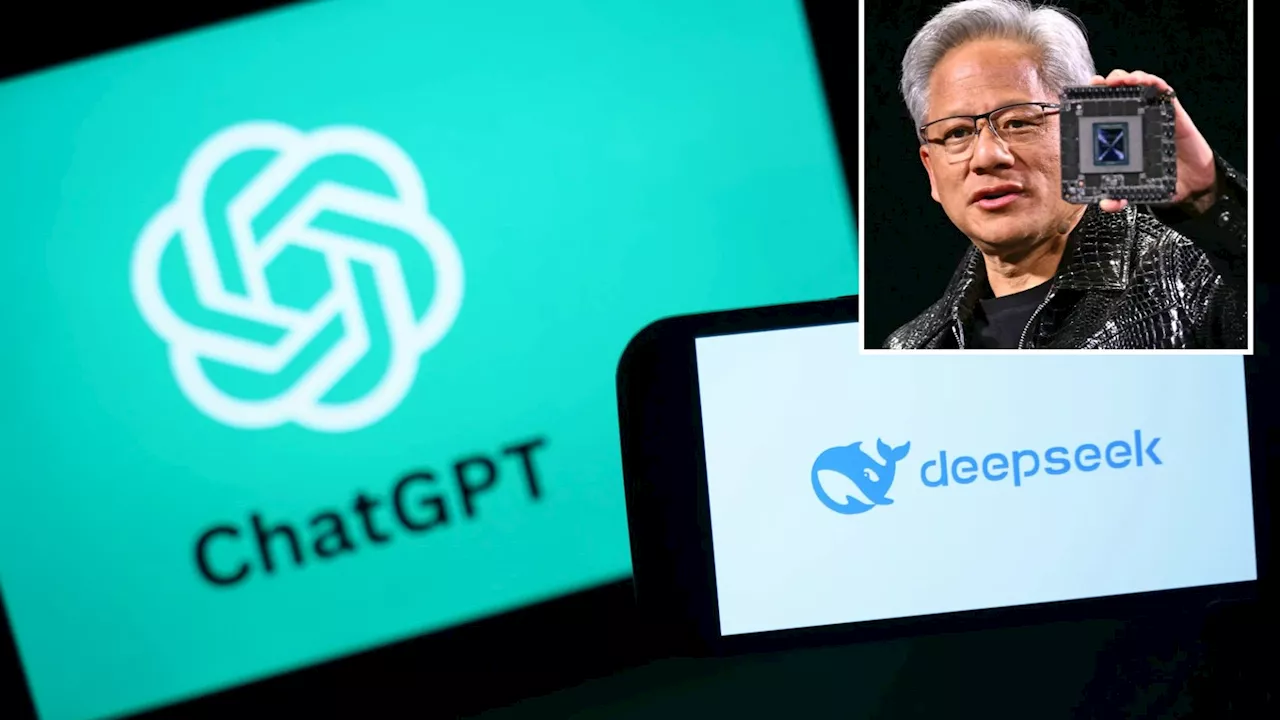 Chinese AI Chatbot DeepSeek Shakes Up Global Tech LandscapeDeepSeek, a Chinese-developed AI chatbot, has surged to the top of the App Store, surpassing WhatsApp and raising concerns about the US dominance in AI. This unexpected rise prompted a significant drop in American tech stocks, with Nvidia losing its position as the most valuable company. DeepSeek's performance, claimed to be on par with ChatGPT, challenges the perception of US leadership in AI.
Chinese AI Chatbot DeepSeek Shakes Up Global Tech LandscapeDeepSeek, a Chinese-developed AI chatbot, has surged to the top of the App Store, surpassing WhatsApp and raising concerns about the US dominance in AI. This unexpected rise prompted a significant drop in American tech stocks, with Nvidia losing its position as the most valuable company. DeepSeek's performance, claimed to be on par with ChatGPT, challenges the perception of US leadership in AI.
Read more »
 DeepSeek's AI App Shakes Up Tech Landscape, Crushing Nvidia's Value and Challenging US DominanceThe rise of a Chinese AI startup, DeepSeek, and its groundbreaking app has sent shockwaves through the tech industry, leading to a historic drop in Nvidia's share price and raising questions about the future of AI development.
DeepSeek's AI App Shakes Up Tech Landscape, Crushing Nvidia's Value and Challenging US DominanceThe rise of a Chinese AI startup, DeepSeek, and its groundbreaking app has sent shockwaves through the tech industry, leading to a historic drop in Nvidia's share price and raising questions about the future of AI development.
Read more »
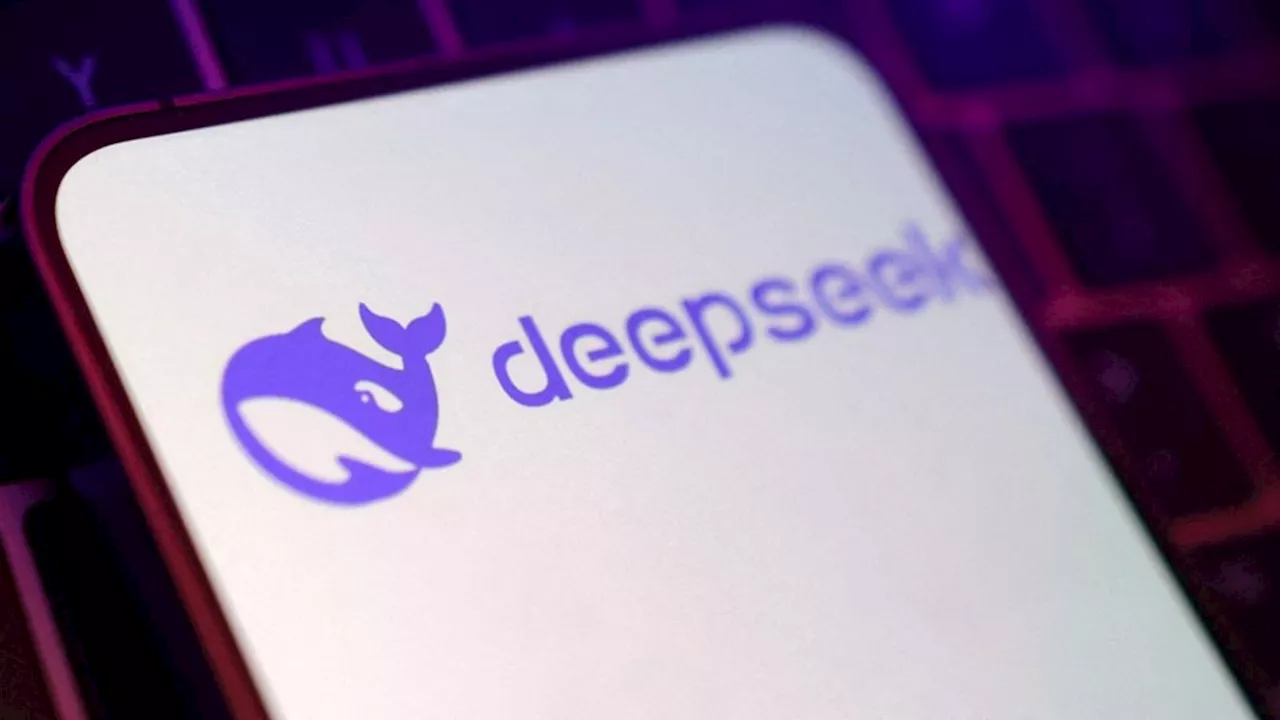 DeepSeek: A Chinese AI Challenger Shakes the Global LandscapeA newly released AI assistant from China is making waves in the world of artificial intelligence. DeepSeek, developed by hedge fund entrepreneur Liang Wengfeng, has demonstrated capabilities comparable to established US rivals like ChatGPT, raising questions about the future of AI development and the global tech race.
DeepSeek: A Chinese AI Challenger Shakes the Global LandscapeA newly released AI assistant from China is making waves in the world of artificial intelligence. DeepSeek, developed by hedge fund entrepreneur Liang Wengfeng, has demonstrated capabilities comparable to established US rivals like ChatGPT, raising questions about the future of AI development and the global tech race.
Read more »
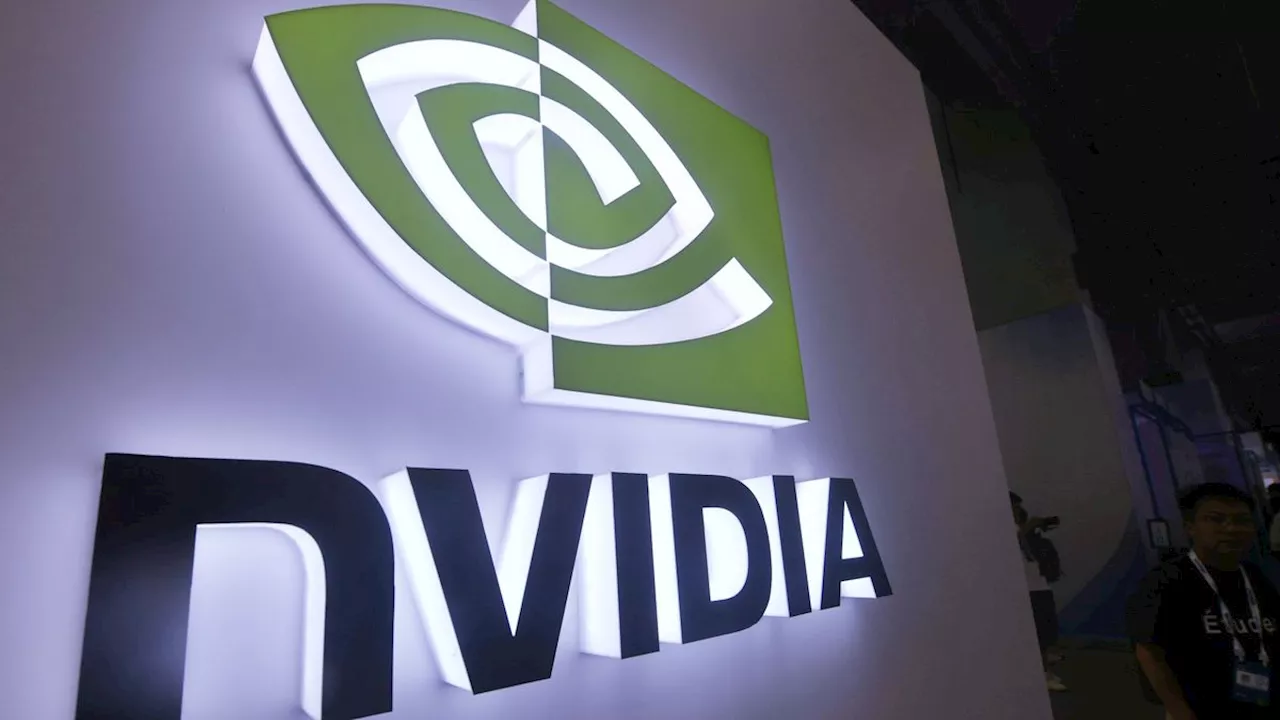 DeepSeek's R1 Disrupts AI Landscape, Knocking Billions Off Tech Giants' ValuationsChina's DeepSeek unveils a groundbreaking open-source AI model, R1, that achieves remarkable performance at a fraction of the cost of Western competitors. This disruption triggers a market selloff, wiping out billions from companies like Nvidia and Microsoft, raising questions about the future of high-end AI chip manufacturing.
DeepSeek's R1 Disrupts AI Landscape, Knocking Billions Off Tech Giants' ValuationsChina's DeepSeek unveils a groundbreaking open-source AI model, R1, that achieves remarkable performance at a fraction of the cost of Western competitors. This disruption triggers a market selloff, wiping out billions from companies like Nvidia and Microsoft, raising questions about the future of high-end AI chip manufacturing.
Read more »
